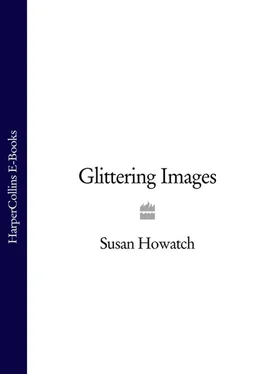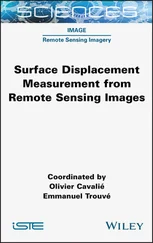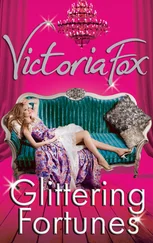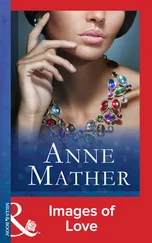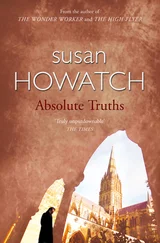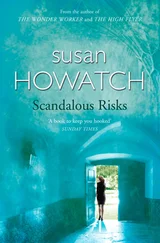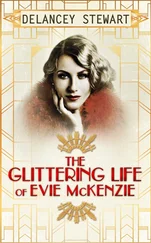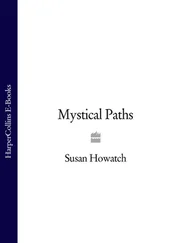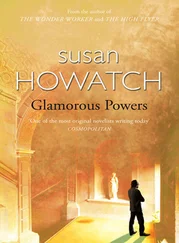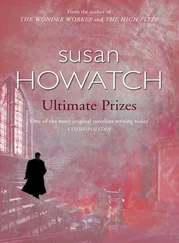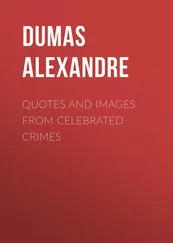Susan Howatch

Harper An imprint of HarperCollins Publishers Ltd. 1 London Bridge Street London SE1 9GF
www.harpercollins.co.uk
First published in Great Britain by William Collins Sons & Co. Ltd 1987
Copyright © Leaftree Ltd 1987
Extracts from The Bishoprick Papers, Letters of Herbert Hensley Henson, More Letters of Herbert Hensley Henson and Spiritual Counsels and Letters of Baron Friedrich von Hugel Printed by kind permission of SPCK.
The Author asserts the moral right to be identified as the author of this work
A catalogue record for this book is available from the British Library
All rights reserved under International and Pan-American Copyright Conventions. By payment of the required fees, you have been granted the nonexclusive, nontransferable right to access and read the text of this ebook on-screen. No part of this text may be reproduced, transmitted, downloaded, decompiled, reverse engineered, or stored in or introduced into any information storage and retrieval system, in any form or by any means, whether electronic or mechanical, now known or hereinafter invented, without the express written permission of HarperCollins ebooks
HarperCollins Publishers has made every reasonable effort to ensure that any picture content and written content in this ebook has been included or removed in accordance with the contractual and technological constraints in operation at the time of publication
Source ISBN: 9780006496892
Ebook edition © AUGUST 2012 ISBN: 9780007396399
Version: 2018-10-08
From the reviews:
‘Susan Howatch may well be the Anthony Trollope of the 20th century. Howatch is more than just a novelist of ideas … She is a skilled storyteller who makes the reader wonder, and care about her people’
Andrew Greeley, Washington Post
‘Rich in human interest, sex, scandal, moral crises and a good deal of humour, it is a book to keep you hooked throughout’
Sunday Times
‘Howatch writes thrillers of the heart and mind … everything in a Howatch novel cuts close to the bone and is of vital concern’
New Woman
‘Susan Howatch … is writing for anyone who can recognise that mysterious gift of the true storyteller’
Daily Telegraph
‘One of the most original novelists writing today’
Cosmopolitan
FOR BARBARA,
in memory of our conversations
about the two Herberts.
COVER PAGE
TITLE PAGE
COPYRIGHT
PRAISE
DEDICATION
PART ONE THE MYSTERY
ONE
TWO
THREE
FOUR
FIVE
SIX
SEVEN
EIGHT
NINE
TEN
PART TWO THE MYSTERY BEYOND THE MYSTERY
ONE
TWO
THREE
FOUR
FIVE
SIX
SEVEN
EIGHT
NINE
TEN
ELEVEN
PART THREE THE CALL
ONE
TWO
THREE
FOUR
KEEP READING
AUTHOR’S NOTE
ABOUT THE AUTHOR
BY SUSAN HOWATCH
ABOUT THE PUBLISHER
‘The deeper we get into reality, the more numerous will be the questions we cannot answer.’
Spiritual Counsels and Letters of Baron Friedrich von Hügel ed. DOUGLAS V. STEERE
‘A bishop, I remind myself, is not quite as other men.’
HERBERT HENSLEY HENSON
Bishop of Durham 1920–1939
The Bishoprick Papers
My ordeal began one summer afternoon when I received a telephone call from the Archbishop of Canterbury. It was a hot day, and beyond the window the quadrangle of Laud’s shimmered in the hazy light. Term had ended; the resulting peace provided an atmosphere conducive to work, and when the telephone rang it was with reluctance that I reached for the receiver.
A voice announced itself as Lambeth Palace and proclaimed that His Grace wished to speak to Dr Ashworth on a matter of extreme urgency. Apparently the Archbishop was still infecting his chaplains with his love of melodrama.
‘My dear Charles!’ Dr Lang’s voice, always sonorous, now achieved a pitch of theatrical splendour. He was a member of that generation which regards the telephone as at worst a demonic intruder and at best a thespian challenge, and when I inquired diplomatically about his health I was treated to a dramatic discourse on the more tedious aspects of senectitude. The Archbishop, on that first day of July in 1937, was in his seventy-third year and as fit as an ecclesiastical grandee has a right to expect, but in common with all men he hated the manifestations of old age.
‘… however enough of my tiresome little ailments,’ he concluded as I added the finishing touches to the mitre I had sketched on my memo-pad. ‘Charles, I’m preaching at Ely next Sunday, and because I’m most anxious that we should meet I’ve arranged to spend the night in Cambridge at the house of my old friend the Master of Laud’s. I shall come to your rooms after Evensong, but let me stress that I wish my visit to be entirely private. I have a commission which I wish to entrust to you, and the commission,’ said the Archbishop, milking the situation of every ounce of drama by allowing his voice to sink to a whisper, ‘is very delicate indeed.’
I wondered if he imagined he could arrive at my rooms without being recognized. Archbishops hardly find it easy to travel incognito, and an archbishop who had recently played a leading part in the abdication of one king and the coronation of another was hardly the most anonymous of clerics.
I said politely, ‘Of course I’d be glad to help you in any way I can, Your Grace.’
‘Then I’ll see you on Sunday evening. Thank you, Charles,’ said Dr Lang, and after giving me a brisk blessing he terminated the call. I was left staring at the mitre I had sketched, but gradually I became aware that my gaze had shifted to the last words I had written before the interruption.
‘Modalism appealed to the Church’s desire for monotheism, but in the second half of the fourth century it was propounded that the modalist God metamorphosed himself to meet –’
The impact of Modalism on the doctrine of the Trinity seemed a long way from the machinations of Dr Lang.
I found I had lost interest in my new book.
My ordeal had begun.
‘My commission,’ said the Archbishop with a reverence calculated to underline the importance of the subject, ‘concerns the Bishop of Starbridge. Have you met him?’
‘Only briefly. He preached in Cambridge Cathedral during Advent last year.’
We had achieved the private meeting in my rooms, and I had offered the Archbishop a cup of his favourite tea; one of my London friends, visiting Cambridge the previous day, had brought the tea directly from Fortnum’s. Dr Lang, formally attired in his archiepiscopal clothes, was now sipping from one of my best china cups as he sat in my most comfortable armchair while I, wearing my cassock beneath my doctoral gown, was busy repressing the urge for a whisky. My cigarettes had been hidden. I had even left the windows wide open all day to banish any hint of smoke.
Lang took another sip of tea. He was a man whose features cast themselves without effort into an autocratic expression, and as I glanced at him I was reminded of the story which had circulated the Church of England after he had displayed his portrait by Orpen to a group of bishops. Lang had mused: ‘I feel I must object when the critics say the painting makes me look pompous, proud and prelatical!’ Whereupon Dr Henson, the caustic Bishop of Durham, had inquired: ‘And may I ask to which of these epithets Your Grace takes exception?’ The Archbishop was not without his enemies in the Church, and as I remembered Henson of Durham my thoughts turned to Jardine of Starbridge who, so Lang now informed me, was the subject of the mysterious commission.
Читать дальше
